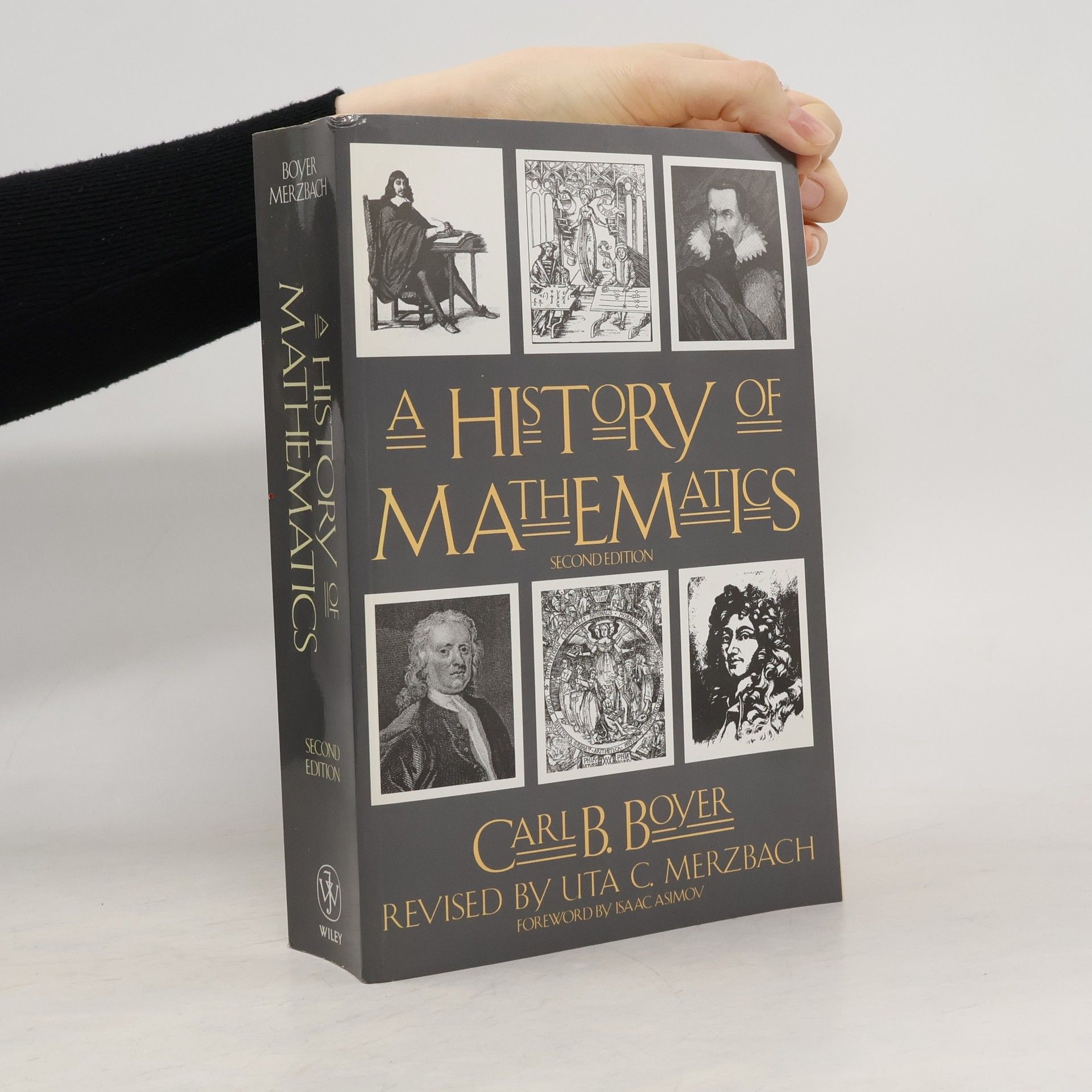The Concepts of the Calculus
A Critical and Historical Discussion of the Derivative and the Integral
- 356 Seiten
- 13 Lesestunden




A Critical and Historical Discussion of the Derivative and the Integral
Boyer and Merzbach distill thousands of years of mathematics into a captivating chronicle, showcasing brilliant mathematics and a distinguished cast of characters. They trace the development of European mathematics while also acknowledging the significant contributions from Chinese, Indian, and Arabic civilizations. This work stands as a classic one-volume history of mathematics and the mathematicians behind it. The authors present a mounting structure of knowledge, with a solid foundation dating back to Thales' early geometrical theorems nearly 26 centuries ago. It is regarded as one of the most useful and comprehensive general introductions to the subject. Both readable and scholarly, it serves as an excellent introduction and reference source. Revised for accessibility, the text vividly illustrates humankind's relationship with numbers and includes broadened coverage of twentieth-century advances in probability and computing. Additionally, it features an appendix with an extensive chronological table of mathematical and historical developments, appealing to a wide range of readers.
Fluent description of the development of both the integral and differential calculus. Early beginnings in antiquity, medieval contributions, and a century of anticipation lead up to a consideration of Newton and Leibniz, the period of indecison that followed them, and the final rigorous formulation that we know today.
Il mondo contemporaneo è sempre più caratterizzato dallo sviluppo della capacità logica e di interpretazione della realtà in termini matematici. Da qui nasce l’esigenza di inserire le scienze, e in particolare la matematica, nella loro dimensione storica, come processo di ricerca e di scoperta in continuo sviluppo. La Storia della matematica soddisfa in modo completo a questa esigenza. Scrive nella prefazione Lucio Lombardo Radice: «Questa preziosa opera di C. B. Boyer è sufficientemente analitica per chi vuole andare abbastanza a fondo, anche dal punto di vista tecnico, e nello stesso tempo sufficientemente sintetica per risultare leggibile anche a chi “tecnico della matematica” non è. L’autore si preoccupa, in apertura di ogni periodo storico e di ogni argomento, di mettere in chiara luce le idee che “stanno sotto” agli sviluppi tecnici; a tale scopo, impiega in modo brillante descrizioni semplici (esempi e controesempi) per illustrare concetti difficili ».